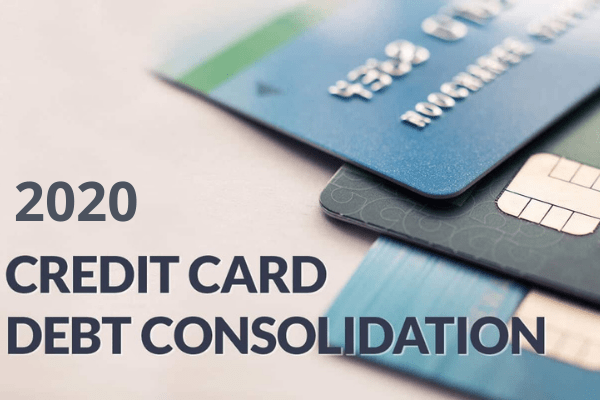If you’re feeling a little overwhelmed by the burden of your debts from the credit cards, a good option is debt consolidation. To consolidate your credit card debt, you can replace your debt on a certain account with a new credit card or loan, which is ideal at interest rates that allow you to save money. The result should make things easier for you to pay the debt. Below are some of the 2020 credit card consolidation options you can consider:
Debt Management Plan
If some consolidation options aren’t working or you’re over your head with debt balances, consider looking into working with nonprofit credit counselors on debt management plans. Such plans are made to lessen and consolidate your payments every month, whether your debts come from personal loans, credit cards, or collections debts.
Always seek out nonprofit and credible credit counseling agencies. Credit counselors may also help with negotiating debt’s terms, which can reduce your interest rates and lessen your monthly payments, frequently based on your income and payments you make every month. This could be a helpful option if you like to pay down debts but you face a period of financial hardships.
When you consider debt management programs, you need monthly payment and you know that the debt will be paid off in a certain amount of time. Getting rid of the pressure of organizing the payments to various lenders on multiple dates throughout the month enables you to concentrate on some details that would help you achieve success in paying off debts, like reducing expenses and streamlining your budget.
Use Balance Transfer Credit Cards
If you have better or good credit, you might be qualified for balance transfer credit cards. Typically, such cards provide low or zero percent APR promotions that range from 6 to 18 months. You transfer your card balances to new cards and pay off the balances interest-free. After the zero percent introductory period, the rates would jump to the regular APR if the card can be high.
Once you transfer the balance to new credit cards, you’ll likely need to pay upfront balance transfer fees. While other cards provide no-fee transfers, many charges between 3 percent and 5 percent of the transfer amount. Keep calculating the balance transfer fee and ensure that your new interest rates would save you money despite paying the fee.
Try Home Equity
When you own your home and have a certain amount of equity, you might use some equity to pay off your existing debt. You may do it through applying for home equity or by acquiring cash-out refinance loans. Such loans can provide low-interest rates compared to personal loans since they’re secured by your house as collateral. But, the closing costs can be pricey, and once the default on the debt, lenders might foreclose on your house.
Debt consolidation is a good tool to pay down debt, but you must be wise on how you implement it. Take some time to work through various kinds of debts you have and how some consolidation options might best align with what you can pay, your timeline and your financial goals. When wading through all this, there isn’t a wrong or right answer. It only weighs the options available to you. So, make sure to understand the interest rates, terms, and what you’re getting into before entering into it.
These all are the options that you can use as 2020 Credit Card Consolidation. Do you know how many types of credit cards exist? If not here is an article which is covering this topic in detail.


